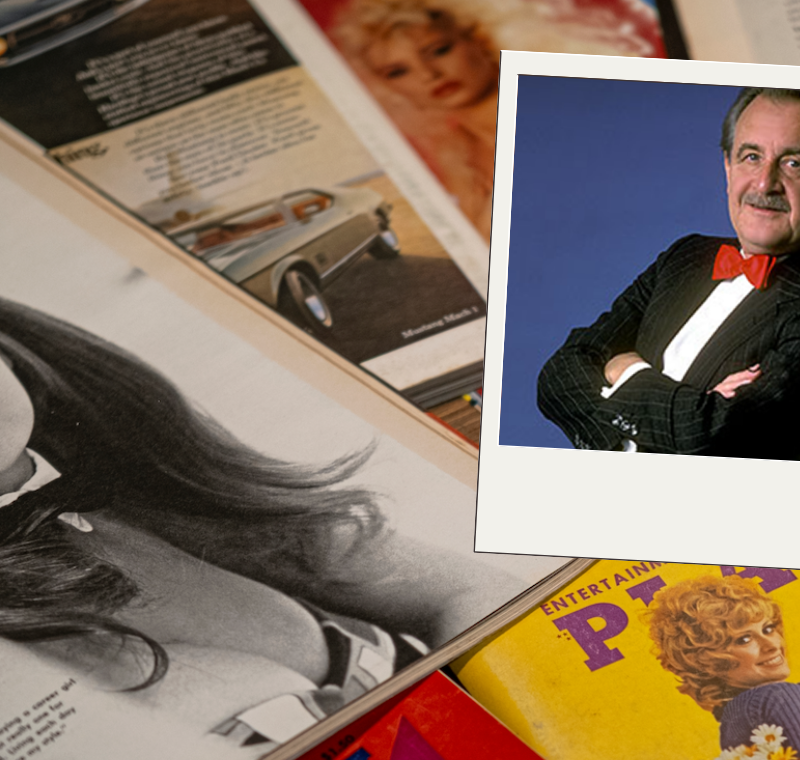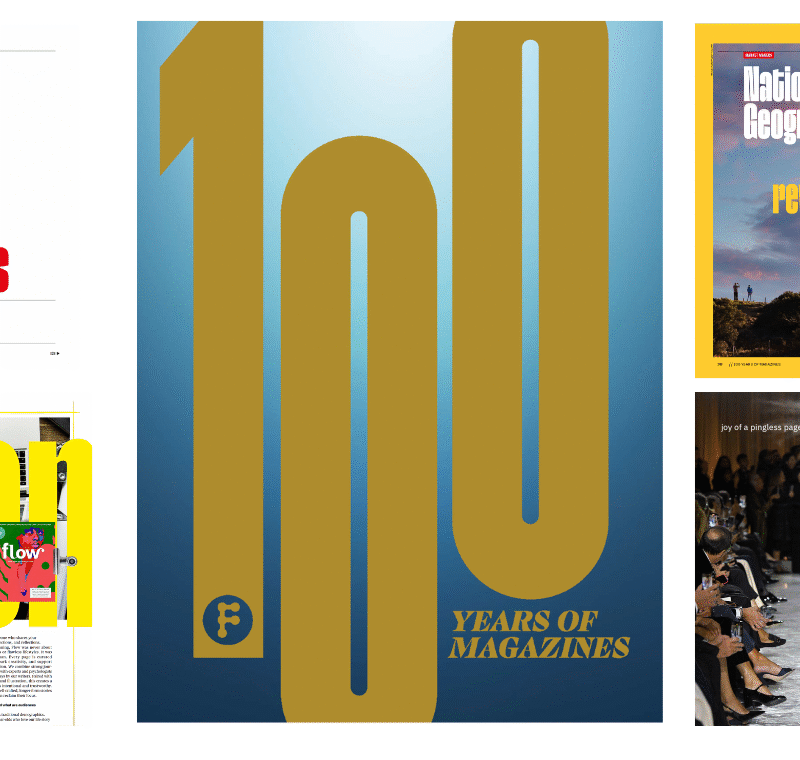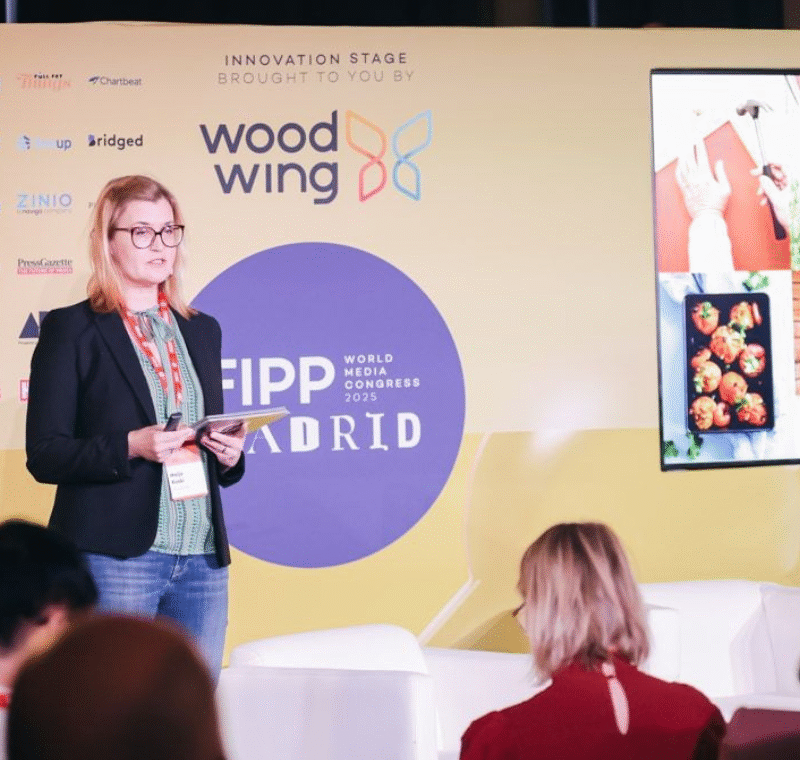Peter Houston talks: The ‘End of the Beginning’ for digital media
Kicking us off this afternoon is @Flipping_Pages talking about the #digitalmedia #meltdown #FIPPInsider #Helsinki @UPM_Papers pic.twitter.com/QHIbjSOjy8
— FIPP CEO (@fippceo) March 15, 2018
To anyone with even half an eye on the media scene, the stories of digital doom are very familiar.
- Buzzfeed missed 2017 revenue targets and laid off 100 staff
- Vice fell short of its US$800 million revenue target by $100 million
- Mashable was sold to Ziff Davis for $50 million, just 20 per cent of the previous year’s valuation
- YouTube suffered an advertiser exodus after ads were placed with extremist content
- And Facebook… where would you start with Facebook?
For legacy publishers, well used to hearing stories of print’s tortured demise, there is a certain thrill in sharing stories of digital disasters, a delicious schadenfreude in watching our tormentors suffer.
Who didn’t enjoy, just a little, watching The Zuck squirm in the US Senate?
Facebook CEO Zuckerberg starts testifying in Senate hearing https://t.co/7R7LLLX1yt
— Reuters Top News (@Reuters) April 10, 2018
Death of Digital?
Back in November last year, we put out a special ‘Death of Digital’ episode of the Media Voices podcast. At about that time, just as the news of Buzzfeed layoffs hit, CJR’s chief digital writer Mathew Ingram changed his industry prognosis from ‘Winter is coming’ to ‘Winter is here’. Josh Marshall had just announced a ‘Digital Media Crash’ on Talking Points Memo.
The conclusion of myself and my co-hosts Chris and Esther was that, whatever earthquakes were shaking up Silicon Valley, you’d have to be nuts to think the upheaval marked the death of digital publishing.
The overwhelming majority of media growth is still digital, the duopoly still holds all the advertising revenue cards and audience attention is still swinging inexorably away from print and toward screen-based media.
What had died – hopefully – was the belief that…
- Pandering to unrealistic VC investor expectations is enough
- Digital display advertising can be a sole revenue source
- Chasing platform audiences at global scale will save us all
At last, the digital-or-die dreamers understood that reality bites.
The end of the beginning
Adding the potential carnage of a digital media crash on top of the existing pressures felt by publishers is a scary prospect. But the fact that our industry has finally, seriously, contemplated a digital collapse has to be a positive thing: We have reached the end of the beginning for digital media.
From the inside, the 25 years since we started working on the web feels like a lifetime. But in the grander, Gutenberg, scale of things, it’s nothing.
If you published a monthly on the iPad since the day it was launched, you would have an archive of 95, maybe 96 issues. The Spectator, celebrating a 190-year high in print sales, will soon publish its 10,000th edition.
Digital media’s first quarter century might feel like forever, but we’re really only getting started.

The first 25 years
There is absolutely no question that the publishing community, collectively and individually, has made lots of mistakes in digital.
There have been bad investments and bad decisions at every point, reticence when resolve would have been better and fad-following when innovation might have saved the day. Social distribution hasn’t worked out, digital display is a disaster, and there is serious, serious work needed to rescue credibility sacrificed to clickbait.
But the first 25 years of the digital media experiment have been far from a waste of time.
Publishers large and small have played an enormous part in making digital technology ubiquitous. The tech industry may have built the platforms, but publishing provided people with reasons to spend time with them.
And publishers can’t be accused of a lack of ambition to push publishing into new areas. The industry has made a decent start on dealing with the disruption, adapting workflows, creating new products and re-configuring the talent pool to deliver regular content and revenue. There’s now one hell of a toolkit with which to tell stories digitally.
We even seem to have managed to move the industry conversation on from the perpetual Print-Digital Death Match to a far more useful discussion around Advertising-Reader revenue splits that consider print and digital cash as equally bankable.
What’s next?
CJR’s chief digital writer Mathew Ingram, writing about this month’s International Journalism Festival in Perugia, said Facebook loomed large over more than one panel at the five-day conference.
Optimistically, one of the attendees told him that “the Facebook era is over”. The implication, he explained, is that start-ups, entrepreneurs and thinkers of all kinds are “working on ways to do an end run around the giant platform and connect directly with users.”
Whatever happens to Facebook, or any of the other platforms, the idea that publishers are trying to figure out their own way forward, marks the start of a new phase in the development of digital media.
We have acknowledged the problems with the anything-for-attention-ad-funded-distribute-everywhere–free publishing models and can return to first principles.
Sustainable revenues built around quality content created to hold the attention of a well-defined audience.
Sun Tzu, the ancient Chinese military strategist turned business guru wrote in the ‘Art of War’, “In the midst of chaos, there is also opportunity”.
More recently, Sam Baker, co-founder of women’s’ website The Pool, said, “In the race to tackle the digital monster, people kind of forgot that what is at the heart of any media brand is the audience.”

The one thing that comes from the turmoil raging across the digital media landscape is the motivation to think again about how we apply all the learnings, painful as some of them are, to the next phase of digital publishing.
This is a chance to hit the reset button and do digital media differently, or maybe get back to doing things we’ve forgotten we used to do.
More like this
Media Voices podcast: Facebook WTF?
Peter Houston talks: Magazine publishing’s second sin
Peter Houston talks: Time well spent
Media Voices podcast: The Disconnect’s founders on experimentation and counter-intuitive bets
Media Voices podcast: LSE’s Charlie Beckett on its Truth, Trust and Technology Commission









